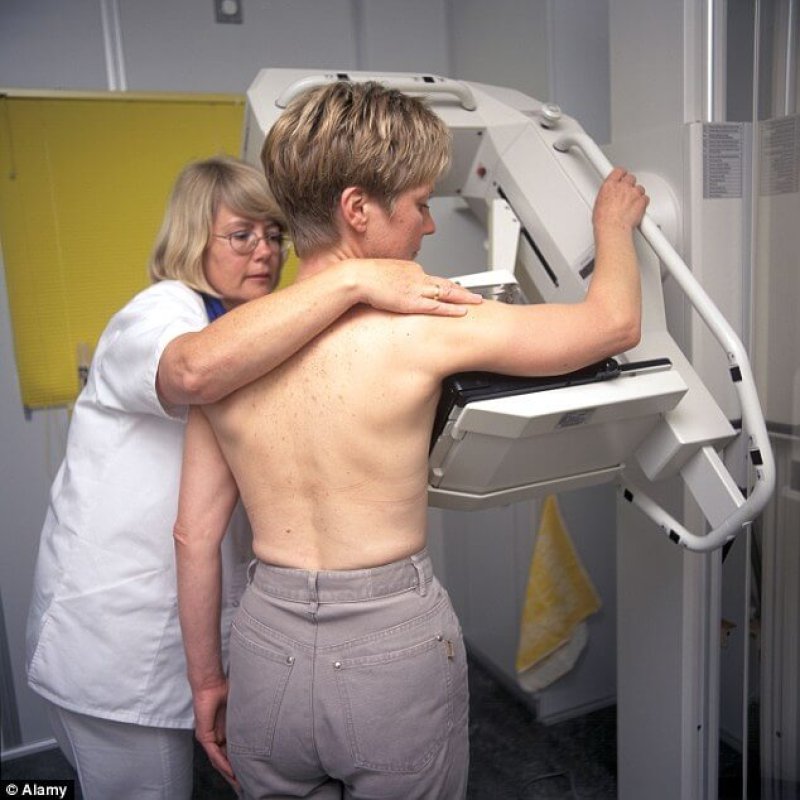Sometimes celebrities share too much in public; sometimes celeb sharing can help save lives. Angelina Jolie, an otherwise fairly discreet mega-movie star (she doesn’t even tweet), falls into the latter category.
Again.
Jolie published Tuesday another candid essay on why she chose surgery to remove her ovaries and fallopian tubes: to help reduce her chances of getting killer cancers after genetic testing suggested she was at an elevated risk.
It comes two years after she published another essay, also in The New York Times, in which she disclosed that because she has the breast cancer gene mutation and a family history, she had chosen to get a prophylactic double mastectomy to reduce her high risk of developing fatal breast cancer.
Once again, she’s being applauded for sharing by cancer experts who say the 39-year-old filmmaker and globally admired humanitarian activist switches a spotlight on diseases that few other Americans could provide.
Call it the Angelina Jolie effect. It’s not unlike the Katie Couric effect, after the then-NBC newswoman underwent a colonoscopy on TV to call attention to the need for such exams following her first husband’s death from colon cancer.
Result: a huge uptick in such screenings, says Richard Wender, chief cancer-control officer for the American Cancer Society in Atlanta, the largest anti-cancer organization in America.
Read full, original article: ‘Jolie effect’: Could her candor help save lives?































